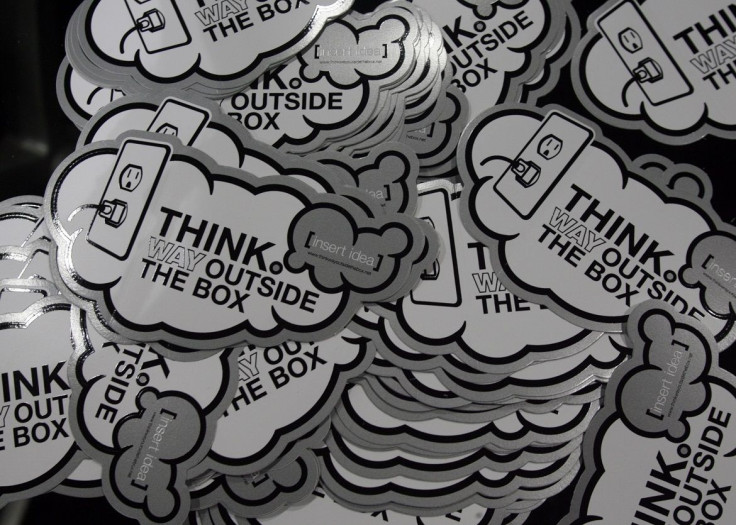Microsoft aims high with its Azure cloud services and its unifying experience

Microsoft is gearing to reclaim lost ground as its Azure cloud services may prove to be the digital wind that can turn the tide, or steer it into another, brighter horizon.
The Daily Star Albany records the software pioneer’s 12 percent decline in sales from 2014 to 2015, and another slide in its Surface Book-related revenues from last year’s US$908 million to US$672 million (AU$1.18 billion to AU$877 million) in the first quarter of 2016. Fortunately, Azure has turned out to be the silver lining in the cloud with its 8 percent increase in sales, pointing to an astounding US$5.9 billion (AU$7.7 billion) in sales as of March of this year. Overall projections for Azure revenues are pegged at US$8.2 billion (AU$10.7 billion) a year.
Readwrite points out that, except for Amazon, Microsoft’s “intelligent cloud” technology outranks and outsells its competitors. PC World names the Google Cloud Platform as another force it will eventually have to take on.
The leadership of Azure in what is the stratospheric equivalent of the Internet has also been credited for raising the value of its stock by 13 percent, yielding 2.65 percent dividends for its happily surprised shareholders. No wonder then, that as confirmed by the Daily Star Albany, Microsoft CEO Satya Nadella has made Azure the unofficial flagship of his campaign to restore the company to its former glory. Nadella’s war cry is simple but powerful: “mobile-first, cloud-first.”
What is ingenious about Nadella’s strategy is that he is opening up Azure beyond its Windows boundaries to court developers, programmers, data scientists, and other IT professionals around the world. In The Motley Fool’s coverage of his speech in Microsoft’s recent Build conference, Nadella describes his vision for the cloud: “ every developer on every platform can build intelligent apps … We allow you to put all of your app in Azure or support hybrid deployments that span on-premises [servers] or other clouds.”
The strategy has a risk: It opens Microsoft’s walls and allow competing platforms to set up base in Azure. At the same time, it has a potentially enormous reward in widening its already impressive customer base.
Tech hints that the sky may be the limit for Azure, as Microsoft develops a “unifying experience” on the cloud designed not just for developers, but for the millions of mobile device users and hundreds of thousands of organisations they support. Developers, who come with all kinds of skills from all parts of the world to build their base on Azure, have just upped the game for everyone. Databases, content generation, social media, gaming and information aggregation that will be seeded and nurtured on Azure can establish a connection between organizations, associations and customers in a scale that is unheard of.
For example, an e-commerce site hooked on one platform can align with an online product that is built on another, which would not have been possible had their developers not found common ground on Azure. Add social media to his partnership, and the users of the online product and the e-commerce site will soon find themselves sharing shopping tips, anti-hacking features and even directions to offline best-buy stores.
The advent of intelligent clouds like Azure has increased the demand for constant connectivity. Users will want their content, chat and social media interaction at all times, regardless of the remoteness of their location or the density of their building population. To be cut off in the middle of a phone conversation, a teleconference, or a data download would no longer be tolerated. Visionary companies are taking notice to accommodate them and speed up the acceleration of technology; a few examples are in-flight Wi-Fi facilities for wired always-on-the-go travellers; mobile antennas that remove dead zones in hotels and resorts; and network extenders, such as the ones from 5BARz International, that strengthens a cell device’s dying signals to optimal capacity.
All these innovations are a prelude to the conquest of the brave new world of the Internet of All Things (IoT). Every gadget will soon be equipped with “smart” features that will connect them to the web. Millions of cell device users who have already set up shop in it will soon be interacting with social-media-savvy companies which, after analysing their dining, wining, dating, driving and other habits, will keep suggesting more and advanced features to make their lifestyle fulfilling, efficient, and fun.
Tech points out that Microsoft’s Azure is positioning to take a lion’s share of this massive digital real estate: “I t is also reshaping and realigning itself in a changing time when the industry is taking the leap of faith to move from traditional IT setups to adapt the cloud and mobile delivery of critical data for consumers, and the enterprise.”
It would not be far-fetched to liken the race to conquer the digital cloud to the present-day rivalry among international tourism-driven moguls like Richard Branson and Elon Musk to gain a foothold in outer space. By throwing its gates wide and open for developers and technologies of every stripe and persuasion, Microsoft’s Azure may have invented a new kind of rocket fuel that will spur it to make it to the finish line first.




















